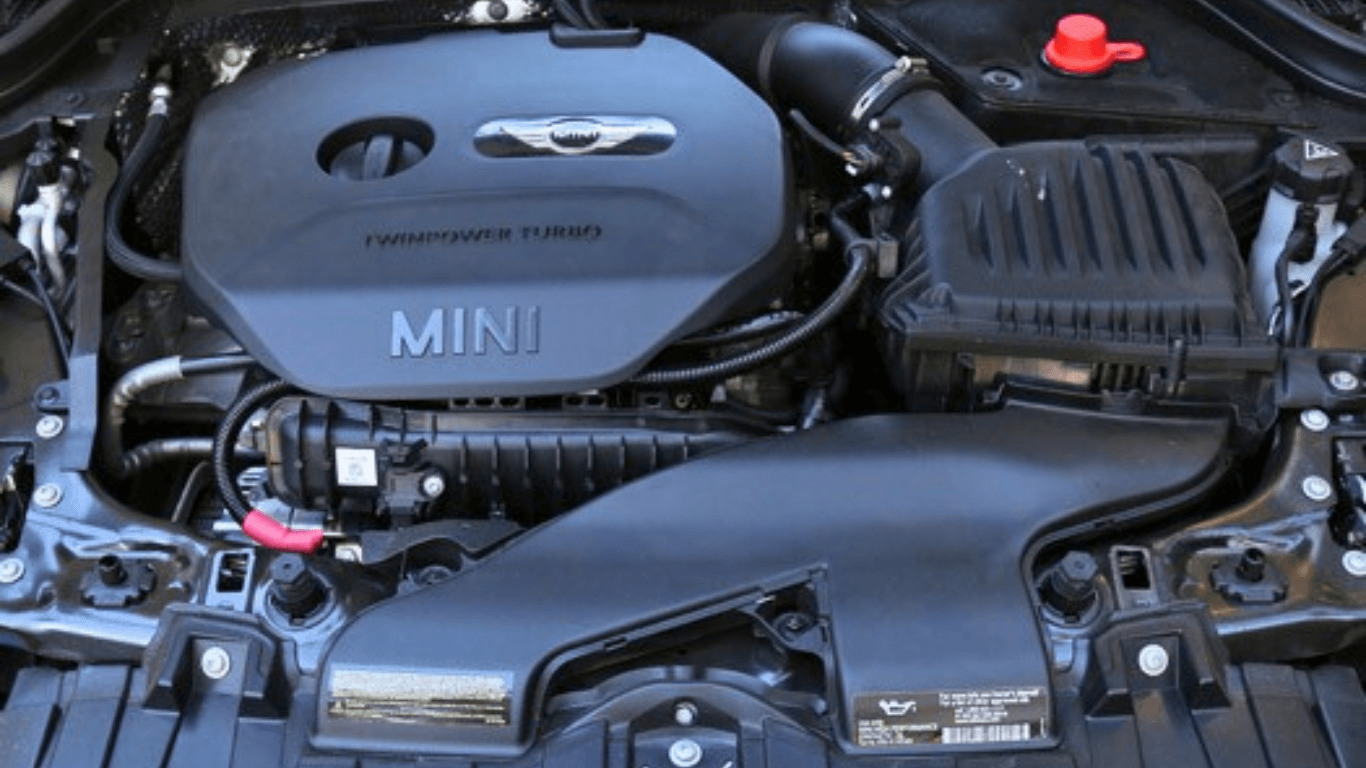Is the BMW B48 Engine Reliable? Our In-Depth Analysis
If you’ve been looking at recent BMW models like the 3 Series, 4 Series, 5 Series or X vehicles, you’ve likely come across the B48 – BMW’s newest 2.0 liter turbocharged inline 4-cylinder gasoline engine. As BMW transitions away from larger displacement naturally aspirated motors to smaller turbocharged engines for better fuel efficiency, how does the reliability of the B48 stack up?
That’s what we’ll dive into in this in-depth article. We’ll cover the background and specs of the B48 engine, look at common problems and recalls, compare its reliability to BMW’s N20 4-cylinder and N55 6-cylinder motors, summarize owner reviews and longevity, and provide tips to get the most out of your B48.
B48 Engine Background and Specs
The BMW B48 engine first appeared in 2014 model year vehicles such as the F30 3 Series and 4 Series. It is part of BMW’s new modular engine family, which includes 4 and 6 cylinder gas and diesel options (the B47, B57, B58). As BMW’s replacement for the naturally aspirated 3.0L N52 motor, the B48 launched as a turbocharged 2.0L inline-4 gas engine.
Key specs and technology on the B48 include:
- Twin-scroll turbocharger – Provides quicker boost response and less turbo lag
- Direct fuel injection – More power and efficiency versus port injection
- Double VANOS variable valve timing – Optimizes performance and economy across the RPM range -Aluminum-silicon alloy cylinder block and head – Reduces weight over cast iron blocks
- Auto start/stop fuel saving technology
The B48 strikes a balance between performance and efficiency. Output ranges from 248 horsepower in lower tune versions up to 302 hp in the M340i. Torque is strong thanks to the turbocharger, with 258-332 lb-ft based on configuration.
This wide powerband allows the B48 to motivate everything from base model 3 Series sedans and X3 crossovers to hot rod M340i models. Since its debut, the smooth, punchy B48 has proven a willing and able replacement for normally aspirated BMW sixes. But has it proven equally as reliable?
Common B48 Engine Problems and Recalls
Now having been on the road for nearly a decade in millions of BMWs, we have a good sense of some of the B48’s most common issues. Here are the problem areas to look out for:
Oil Leaks
On many B48 engines, the valve cover gasket and oil filter housing gasket tend to leak as mileage accumulates, often appearing around 50,000 miles if not addressed preemptively. The good news is these external leaks are relatively affordable repairs if addressed promptly. Delaying repair risks further contamination and damage. Look out for oil residue buildup around the valve cover and lower engine block.
Water Pump and Thermostat Failure
The electric water pump uses a plastic impeller that is prone to premature wear and cracking, leading to coolant leaks and overheating. The thermostat housing also develops cracks, resulting in leaks. Look out for cooling warnings,check engine lights and inspection of the pump/thermostat housing if temps start to climb. Replacing the water pump and thermostat proactively around 60-80k miles is recommended.
Carbon Build Up
As with other direct injection BMW engines, the B48 is prone to carbon build up on the intake valves due to lack of fuel passing over the back of the valves to wash away deposits. This carbon accumulation over time leads to rough idle, loss of power, misfiring and reduced fuel economy. Periodic walnut blasting cleaning of the valves every 50,000 miles is an effective preventative measure.
High Pressure Fuel Pump Problems
The high pressure fuel pump is a potential weak link on the B48. Failures may present as a check engine light anywhere from 60,000 to 110,000 miles as the pump loses ability to maintain pressure. Replacing the pump with an upgraded unit in the 80-100k mile range is wise preventative maintenance.
Engine Stalling Recall
In 2018 BMW issued a recall for B48 engines in certain 2017-2018 models over stalling concerns. The recall involved reprogramming the engine control module software, replacing the crankshaft sensor and high pressure fuel pump. Impacted owners received notification by mail to schedule this recall work, which was completed free of charge.
While no engine is problem-free, BMW appears to have remedied some of the top concerns from their previous N20 4-cylinder motor. Still, issues like oil leaks, water pump failure, and fuel pump problems remain potential problem areas to monitor as the B48 ages.
How Does B48 Reliability Compare to BMW’s N20 and N55 Engines?
The B48 replaced BMW’s previous N20 2.0L turbocharged 4-cylinder engine. When it arrived in 2011, the N20 initially gained praise for competitive power paired with efficiency. But over time, recurring issues like timing chain guide failures, turbo failures, and carbon build up took their toll on long term durability.
Overall, the B48 demonstrates better reliability and fewer repeat faults compared to the N20. However, it lacks the proven robustness of BMW’s N55 3.0 liter twin turbo inline 6-cylinder. The N55 powered many 3 and 5 Series, X3s, X5s and more from 2009-2018 relatively trouble free, especially when properly maintained. The B48 strikes a middle ground – not quite as stout as the N55, but improved over the N20.
B48 Owner Reviews and Longevity Expectations
Looking at discussions on BMW forums and talking with owners reveals largely positive long term reviews of the B48’s reliability. Most report strong, smooth performance and reasonable reliability into 6 figure mileage when properly serviced. As with any turbocharged BMW engine, staying on top of maintenance is key to reduce major repairs down the road.
That said, a minority of B48 owners have experienced repeat or expensive issues like fuel pump and turbo failures earlier than expected. This may come down to manufacturing variances or lack of ideal care. But most that changed fluids religiously and followed factory maintenance schedules report good experiences overall.
In ideal conditions, the B48 is capable of reaching 150,000+ miles while still delivering strong performance when taken care of. The critical maintenance intervals come at 60,000 miles and 100,000 miles – following BMW’s recommended component replacements at these milestones helps optimize reliability.
B48 Maintenance Tips
To maximize longevity of your B48 engine, here are some key maintenance tips:
- Follow oil change intervals – Stick to factory oil change intervals, and do not exceed 10,000 miles between changes. Use quality full synthetic oil.
- Replace thermostat and water pump – Be proactive with cooling system service at 60-80k miles. Replace the thermostat, water pump and drive belt.
- Clean carbon buildup – Every 50,000 miles, have a shop perform a carbon cleaning service on the intake valves. This keeps the engine running smoothly.
- Upgrade the high pressure fuel pump – As preventative maintenance between 80-100k miles, upgrade to an aftermarket hpfp to avoid costly failure down the road.
- Use quality gas – Feed your B48 a steady diet of top tier gasoline, ideally from busy stations that turnover fuel frequently. The turbo motor calls for premium 91+ octane.
Following these best practices for care and servicing will help your B48 avoid some of the most common failures. Paired with prompt repair of any leaks or other issues, you can expect to hit 150,000+ miles with this well designed turbo 4-cylinder powerplant.
Conclusion – A Capable Turbo Engine When Maintained
While not quite as rugged as BMW inline 6 engines of old, the B48 stands out as one of BMW’s better designed recent 4-cylinder turbo motors. It avoids some of the pitfalls of the previous N20 engine and offers a good combination of power, efficiency and reliability.
Issues do occur, but are fewer and farther between compared to other BMW turbo 4s when properly maintained. Stay diligent on preventative replacements and regular servicing, and your B48 has the potential to exceed 150,000 miles while continuing to deliver smooth power.







